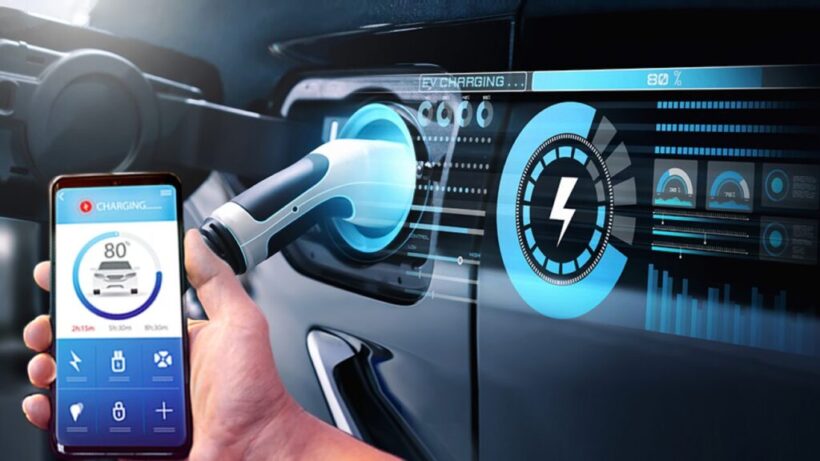The global transition towards sustainable transportation is accelerating rapidly, and electric vehicles (EVs) are playing a central role in this shift. With the increasing adoption of EVs, there is a growing demand for reliable and efficient charging infrastructure that can meet the needs of individual and commercial users alike. As a result, the rise of EV charging companies has become an essential part of this transition.
This article examines the growth and development of EV charging companies as they respond to the evolving needs of their customers, new technological advancements, and changes in government policies. Through innovative solutions and strategic partnerships, these companies are shaping the future of transportation by providing accessible and sustainable charging options for all types of EV drivers. The following sections will explore how these companies are meeting current demands while also preparing for future challenges in this exciting and rapidly expanding industry.
The Growing Demand for EV Charging Infrastructure
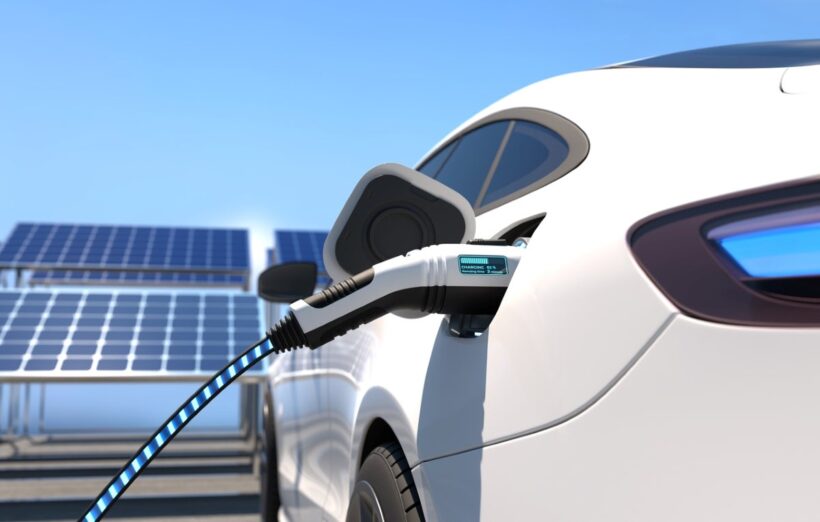
The demand for electric vehicle infrastructure has experienced rapid growth in recent years, driven by increased adoption of electric vehicles and government initiatives to reduce carbon emissions. As more and more consumers switch from traditional gas-powered cars to EVs, there is a growing need for convenient and reliable charging stations. This has led to a surge in the number of companies that specialize in EV charging infrastructure, as well as increased investment in smart charging technology.
In addition to consumer demand, government incentives are also playing a key role in driving the growth of EV charging infrastructure. Many countries have set ambitious targets for reducing their carbon footprint, with some even planning to phase out the sale of gas-powered vehicles entirely within the next few decades. To achieve these goals, governments are offering subsidies and tax breaks to companies that invest in EV charging infrastructure. In some cases, they are even directly funding the installation of charging stations themselves. This support from governments is expected to continue to fuel growth in the EV industry for years to come.
Innovative Solutions for EV Charging Needs
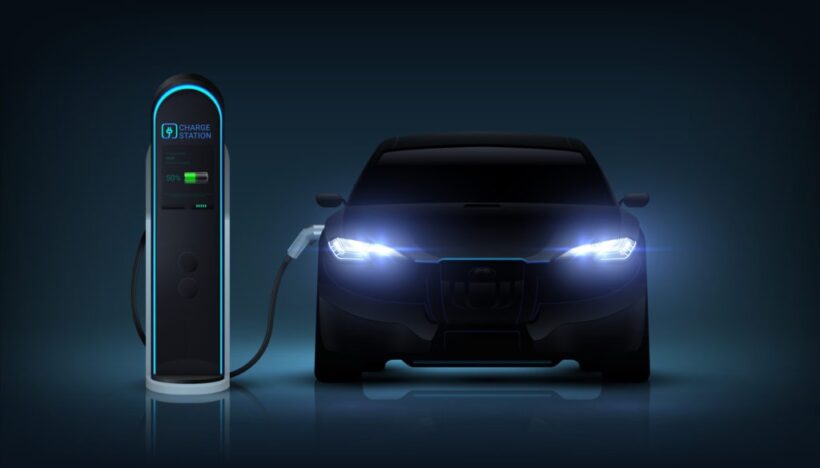
In addressing the growing demand for sustainable transportation options, various ingenious methods have been developed to cater to the diverse charging needs of electric vehicles. One such solution is the implementation of smart charging technology, which optimizes the charging process by adjusting the power output based on factors like grid demand and energy prices. This not only maximizes efficiency but also reduces strain on the grid during peak usage times. Additionally, some companies are developing wireless charging solutions that eliminate the need for cables and plugs altogether.
Another innovative solution gaining traction in recent years is sustainable energy solutions for EV charging. Solar-powered EV chargers are becoming increasingly popular, with many businesses and municipalities installing them in public spaces and parking lots. In addition to providing clean energy, these chargers can also act as a backup source of power during emergencies or outages. Some companies are even experimenting with using recycled materials to create environmentally-friendly chargers that reduce waste and carbon emissions further. As EV adoption continues to rise, it’s clear that there will be no shortage of creative solutions aimed at meeting this growing demand sustainably.
Meeting the Needs of Individual and Commercial Users
Meeting the diverse and specific needs of both individual and commercial users has become a primary focus in the continued development of sustainable transportation options. In terms of EV charging, one major consideration is whether to install a charger at home or rely on public charging stations. Home charging offers convenience and accessibility, especially for those who have a dedicated parking space. However, this option requires an upfront investment in purchasing and installing the charger, which can be costly. Public charging stations, on the other hand, offer flexibility for those who do not have access to home charging or need to travel longer distances. While some public chargers are free, others require payment per session or through subscription models.
Balancing cost and convenience is also a key factor when considering EV charging subscription models. Some companies offer unlimited access to their network of chargers for a monthly fee while others charge per use or based on time spent using the charger. Subscription models can be beneficial for frequent users as it can help them save money over time. However, occasional users may find that pay-per-use options are more cost-effective in their situation. Additionally, some subscription services may limit usage during peak hours or restrict access to certain types of chargers depending on membership level. Ultimately, choosing the right EV charger and subscription model will depend on individual needs and habits as well as availability in their area.
Shaping the Future of Transportation with EV Charging Companies
Electric vehicle (EV) infrastructure is being developed and improved by various industry players to enhance the sustainability of transportation and facilitate the transition to a low-carbon economy. EV charging company play a crucial role in shaping the future of transportation by providing reliable, efficient, and sustainable charging solutions for individual and commercial users. Collaborative partnerships between EV charging companies, automakers, utilities, and governments are essential to accelerate the deployment of EV chargers across different geographies.
Government incentives such as tax credits, grants, rebates, and public-private partnerships can encourage private investment in EV charging infrastructure. For instance, California’s Low Carbon Fuel Standard program provides funding for electric vehicle charging stations in underserved communities. Similarly, the European Union’s Connecting Europe Facility offers financial support for building alternative fuel infrastructure including electric vehicle recharging stations. These initiatives provide a favorable environment for EV charging companies to invest in new technologies such as high-power fast-charging systems that can recharge an electric car battery within minutes rather than hours. As more people switch to electric vehicles and demand for convenient charging options increases, EV charging companies will continue to shape the future of transportation by offering innovative solutions that meet consumer needs while promoting sustainable mobility.
Frequently Asked Questions
How does the cost of EV charging infrastructure compare to traditional gas stations?
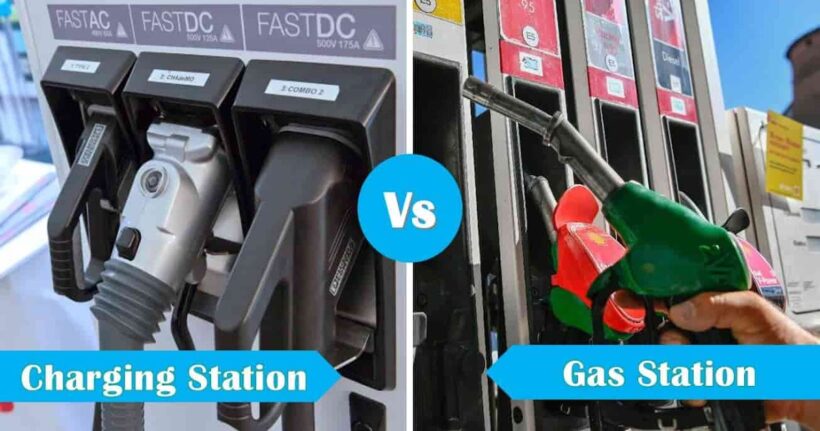
When comparing the cost of EV charging infrastructure to traditional gas stations, there are several factors to consider. Firstly, the initial investment in EV charging infrastructure is generally higher due to the need for specialized equipment and installation. However, over time, the operational costs of maintaining and operating an EV charging station are lower than those of a traditional gas station. Additionally, the environmental impact must also be taken into account when considering cost comparison. While both types of fueling options have their own environmental impacts, EVs produce fewer emissions during operation than gasoline-powered vehicles. Overall, while there may be a higher upfront cost for installing EV charging infrastructure compared to traditional gas stations, the long-term operational savings and positive environmental impact make it a worthwhile investment. The use of imagery can help readers visualize how this technology compares favorably with traditional methods by highlighting its numerous benefits in terms of sustainability and financial savings.
What kind of government incentives are available for EV charging companies?
Tax credits and grants are available incentives for EV charging companies, which can help them offset the high costs associated with building charging infrastructure. However, competition within the market and pricing strategies of other players can impact the success of these companies. In addition to government incentives, private investments may also play a crucial role in supporting the growth and development of EV charging networks. Therefore, factors such as effective marketing strategies and efficient operations will be critical in ensuring long-term viability for EV charging companies. Overall, a combination of government support and strategic business decisions will likely contribute to the continued expansion of this industry.
How do EV charging companies ensure the safety and security of their charging stations?
Cybersecurity measures and maintenance protocols are integral to ensuring the safety and security of EV charging stations. While it may be argued that such measures can be costly and time-consuming, they are necessary to prevent potential cyberattacks or physical damage to the equipment. To protect against cybersecurity threats, EV charging companies implement various methods such as firewalls, encryption techniques, and intrusion detection systems. Maintenance protocols also play a critical role in keeping charging stations safe by regularly inspecting the equipment for wear and tear, replacing faulty parts, and conducting software updates to fix vulnerabilities. By prioritizing these measures, EV charging companies can assure customers of reliable access to their services while minimizing any risks associated with their use.
What kind of partnerships do EV charging companies have with automakers and other stakeholders in the industry?
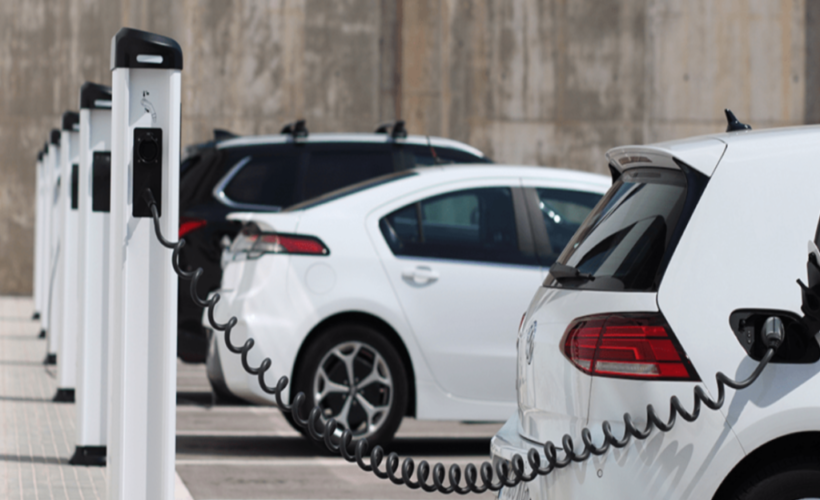
Partnerships between EV charging companies and automakers offer benefits to both parties. Automakers benefit from the expansion of charging infrastructure, which helps to reduce range anxiety and encourages consumers to adopt electric vehicles. EV charging companies benefit from increased usage of their stations as more EVs are on the road. Collaborative innovation is also a key aspect of these partnerships, with automakers providing insights into consumer preferences and feedback that can inform the development of new charging technologies. Additionally, partnerships with stakeholders such as utilities and local governments can help to streamline permitting processes for new charging station installations, further accelerating the growth of the EV market. Overall, partnerships play an important role in expanding access to reliable and convenient EV charging infrastructure.
How do EV charging companies plan to expand their networks to rural areas and other underserved communities?
To expand their networks to rural areas and other underserved communities, EV charging companies are engaging in community outreach programs that aim to educate and inform the public about the benefits of electric vehicles. By working with local governments, utilities, and non-profit organizations, these companies are able to identify potential locations for new charging stations and ensure that they are accessible to a wide range of customers. Furthermore, many EV charging companies are also exploring ways to integrate renewable energy sources into their networks in order to reduce carbon emissions and promote sustainability. This involves partnering with solar power providers or investing in their own solar installations at charging station sites. Overall, by prioritizing community engagement and renewable energy integration, EV charging companies can help accelerate the transition towards a cleaner transportation system while also addressing issues of equity and access.
Conclusion
In conclusion, the rise of EV charging companies is a testament to the growing demand for electric vehicles and the need for reliable and sustainable charging infrastructure. The innovative solutions offered by these companies are shaping the future of transportation by providing accessible and convenient charging options for both individual and commercial users.
As more individuals and businesses make the switch to electric vehicles, it is crucial that we continue to invest in and support these EV charging companies. By doing so, we can ensure that our transportation system becomes more sustainable while also creating new opportunities for economic growth and innovation. As technology continues to evolve, it will be exciting to see what new developments emerge in this rapidly expanding industry.

